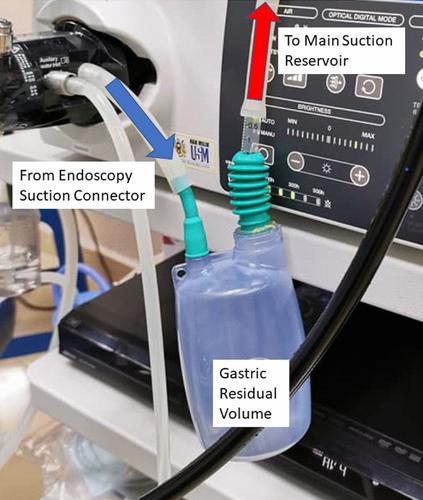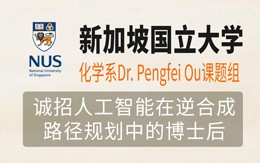Scientific Reports ( IF 3.8 ) Pub Date : 2022-10-17 , DOI: 10.1038/s41598-022-22363-1
Bee Chen Lua 1, 2 , Mohd Nizam Md Hashim 1, 2 , Mung Seong Wong 1, 3 , Yeong Yeh Lee 1, 3 , Andee Dzulkarnaen Zakaria 1, 2 , Zaidi Zakaria 1, 2 , Wan Zainira Wan Zain 1, 2 , Syed Hassan Syed Abd Aziz 1, 4 , Maya Mazuwin Yahya 1, 2 , Michael Pak-Kai Wong 1, 2

|
Clinical benefits and safety of carbohydrate loading pre-gastroscopy remain unclear. We aimed to determine the effects of a commercial carbohydrate-rich whey protein beverage versus plain water given pre-gastroscopy on gastric residual volume and well-being, and to determine adverse events. This was a single centre, single-blinded, parallel-group, sex-stratified randomized controlled trial. Participants were randomized either to carbohydrate-rich whey protein beverage group (Resource®, Nestle Health Science) or control group (250 ml plain water) given pre-gastroscopy. Gastric contents were aspirated into a suction reservoir bottle to determine the gastric residual volume (GRV). Visual analogue scale (VAS) of well-being (anxiety, hunger, thirst, tiredness, and weakness) was compared before and after the intervention. Adverse events were also evaluated post-intervention. Of 369 screened, 78 participants (36 males, mean age 49 ± 14.3 years) were randomized. Compared with the control group, carbohydrate beverage was associated with significantly higher GRV (p < 0.001). Anxiety was less after intervention with carbohydrate beverage (p = 0.016), and after adjustment for confounders, fewer participants also experienced hunger (p = 0.043) and thirst (p = 0.021). No serious adverse events were reported with both interventions. Commercial carbohydrate-rich whey protein beverage is associated with higher gastric residual volume, better well-being and safe.
Trial registration Clinicaltrial.gov. Identifier: NCT03948594, Date of registration: 14/05/2019.
中文翻译:

胃镜检查前商业富含碳水化合物的乳清蛋白饮料与普通水的功效和安全性:一项随机对照试验
胃镜检查前碳水化合物负荷的临床益处和安全性仍不清楚。我们的目的是确定在胃镜检查前服用富含碳水化合物的商业乳清蛋白饮料与普通水对胃残留量和健康的影响,并确定不良事件。这是一项单中心、单盲、平行组、性别分层的随机对照试验。参与者被随机分配到富含碳水化合物的乳清蛋白饮料组(资源®,雀巢健康科学)或对照组(250毫升白开水)给予胃镜检查前。将胃内容物吸入抽吸储液瓶中以确定胃残留量(GRV)。比较干预前后幸福感(焦虑、饥饿、口渴、疲倦和虚弱)的视觉模拟量表 (VAS)。干预后也对不良事件进行了评估。在筛选的 369 人中,随机分配了 78 名参与者(36 名男性,平均年龄 49 ± 14.3 岁)。与对照组相比,碳水化合物饮料与显着更高的 GRV 相关(p < 0.001)。用碳水化合物饮料干预后焦虑减轻 (p = 0.016),并且在调整混杂因素后,更少的参与者也经历了饥饿 (p = 0.043) 和口渴 (p = 0.021)。两种干预措施均未报告严重不良事件。
试验注册Clinicaltrial.gov。标识符:NCT03948594,注册日期:14/05/2019。































 京公网安备 11010802027423号
京公网安备 11010802027423号